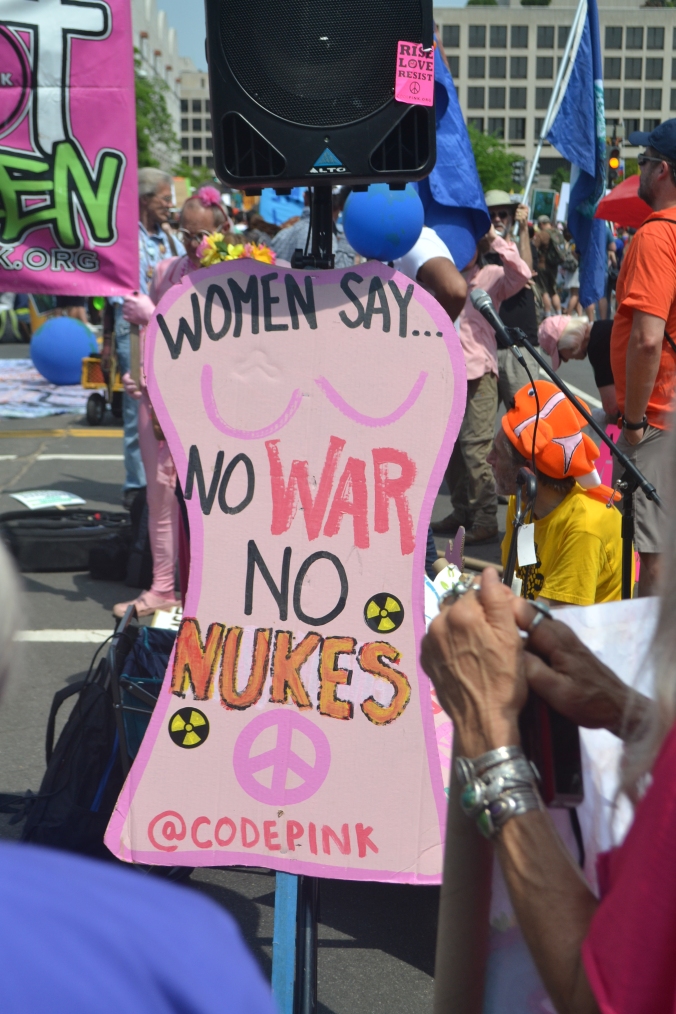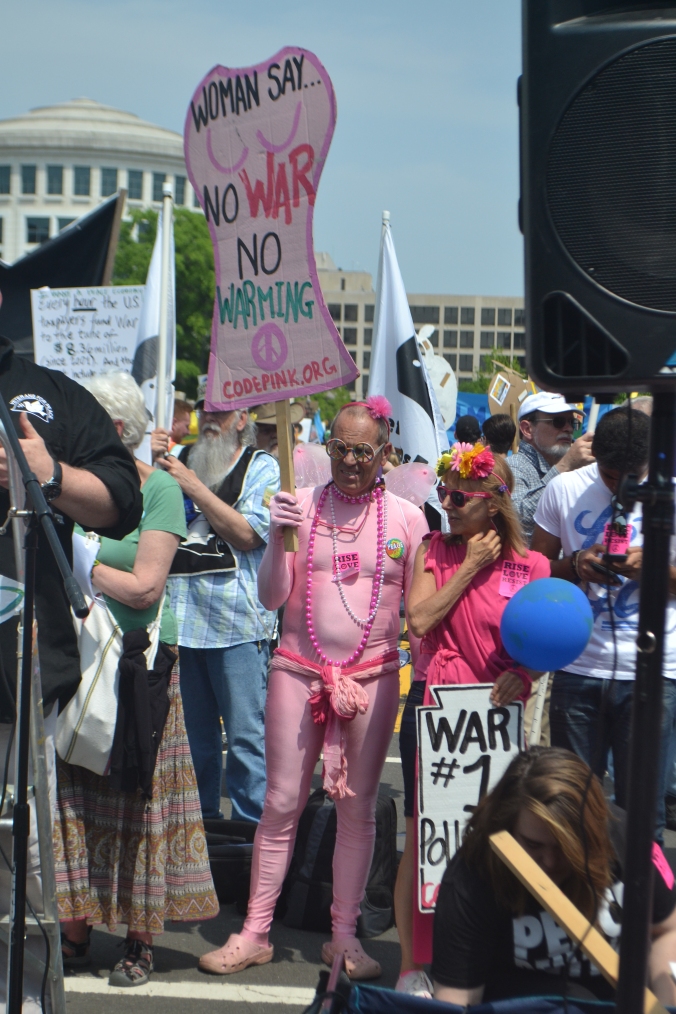Women in sports have been treated unfairly for ages. They get less money, less respect, and fewer fans. For the last 6 years I have been running track and field, starting at a high school level and now on to collegiate. Two questions I am almost always asked when a male finds out that I run track is “Are you fast?” and “Did you get a full scholarship?” When men talk to other men about sports their ability is nearly never questioned. Being a female my level of skill is always attached to my gender.
The unfair treatment spills over into professional sports as well. In an article I read on The State Press it stated that in the WNBA a rookie contract is $34,500 which is less than the average teachers salary while in the NBA their minimum rookie contract is $543,000. The wage gap is ridiculous. Being a female student athlete I know all about the blood, sweat , and tears it takes in order to get through just a week of classes and practice and the gap is unacceptable for the amount of work put in.
Regretfully, gender biases exist on and off the field as following are just a few comments I found related to male opinions regarding female sportscasters:
“Everyone knows women’s place is dancing provocatively on the sidelines”
“If it’s a female sport, I like female announcers”
“I just wanna know why these broads minds are on man sports and not in the kitchen..”
One might ask, will the gap ever close? Will females ever be viewed the same as males athletically ? I’m of the opinion that sadly it will not.


